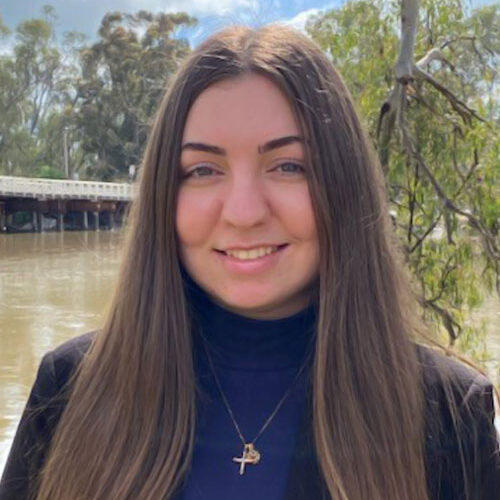How we can help with achieving the best outcome for your child
Working out how your children will share their time between their two homes can be stressful. How do you carve up the days of the week, or weeks of the month between two homes while still doing the best thing for your children?
There is no one size fits all solution to parenting arrangements, and communication plays a big part in getting the best outcome for your family.
What are parenting arrangements?
Parenting arrangements, referred to as Live with and spend time with arrangements (previously referred to as “custody”, ‘residence and contact’ or ‘access’), cover the way your child (or children) will stay in contact with both parents. This looks different for every family because of:
- the children's age
- whether the child has special needs
- where the parents live
- whether there are any siblings
- any individual needs
Parenting arrangements are centred around the child and their best interests and involve consideration of things like:
- How can our child move between both homes regularly?
- How can other relatives stay in contact with our child?
- How will our child's culture be upheld in both homes?
- How can we provide a safe and consistent environment?
We disagree on parenting arrangements; is this normal and what can we do?
It's quite normal to disagree on parenting arrangements. Planning for your child’s care is one of the most stressful parts of separation. There is a lot to think about, and even if the separation was amicable, it can be challenging to give up time with your child.
We appreciate how hard this is for you, and we specialise in creating parenting plans and arrangements that work for everyone.
We can help you negotiate agreements, attend mediation or, if needed, access the family law courts to reach the best outcome for your family.
Do we have to have a formal arrangement?
It's your choice whether you want a formal parenting agreement. There is no law saying you have too, however, we find that setting your plan out in writing can help you and your family move forward with clarity.
A written parenting arrangement ensures you have considered everything and gives you certainty that you are both on the same page. The two ways that parenting agreements can be formalised is by way of a Parenting Plan or Court Order.
There are important differences between a Parenting Plan and Court Orders. You do need to understand the difference between the two before signing any documents relating to the care of your children.
Our experienced team can talk you through which type of arrangement will best suit your situation.
Do I have to go through the Courts to reach an agreement?
You don’t have to go through Court to reach an agreement. In fact, reaching an agreement outside of Court is more efficient and cost-effective. Our team can help you negotiate and/or mediate to reach an agreement on parenting arrangements, so you can avoid the Courts.
However, there are times when applying for a Court Order is in the best interest of your child. We can help you cross that bridge, if and when you come to it, and assist you prepare and work through the court process.
Does my child need a lawyer?
If parenting arrangements are being handled through negotiation and/or mediation outside of court, you do not need a lawyer for your child.
If your matter goes to Court, in some cases, the Court will appoint an Independent Children’s Lawyer ("ICL") to represent and promote the best interest of your child in family law proceedings. They must be a suitably qualified lawyer who has completed a National Training Program and is registered with a state Legal Aid panel.
ICLs are usually appointed when one or more of the following circumstances exist:
- there are allegations of abuse or neglect in relation to a child
- there is a high level of conflict and dispute between the parents
- there are allegations made as to the views of a child, and the child is of a mature age to express their views
- there are allegations of family violence
- serious mental health issues exist in relation to one or both of the parents, or the child, and/or
- there are difficult and complex issues involved in the matter.
An ICL acts independently and focuses solely on what is in the child or children’s best interest moving forward. Whilst the ICL does not take ‘instructions’ from the child, the ICL essentially gives the child a ‘voice’ within the proceedings. The ICL’s main role is to provide an independent opinion about what decisions or arrangements will be in the child's or children’s best interests. The ICL’s views/opinions must be based on not what the child wants, but what the child needs, the evidence and the law. An ICL is to remain impartial and acts as an ‘honest broker’, they are there for the child and represent the child’s best interests.






















